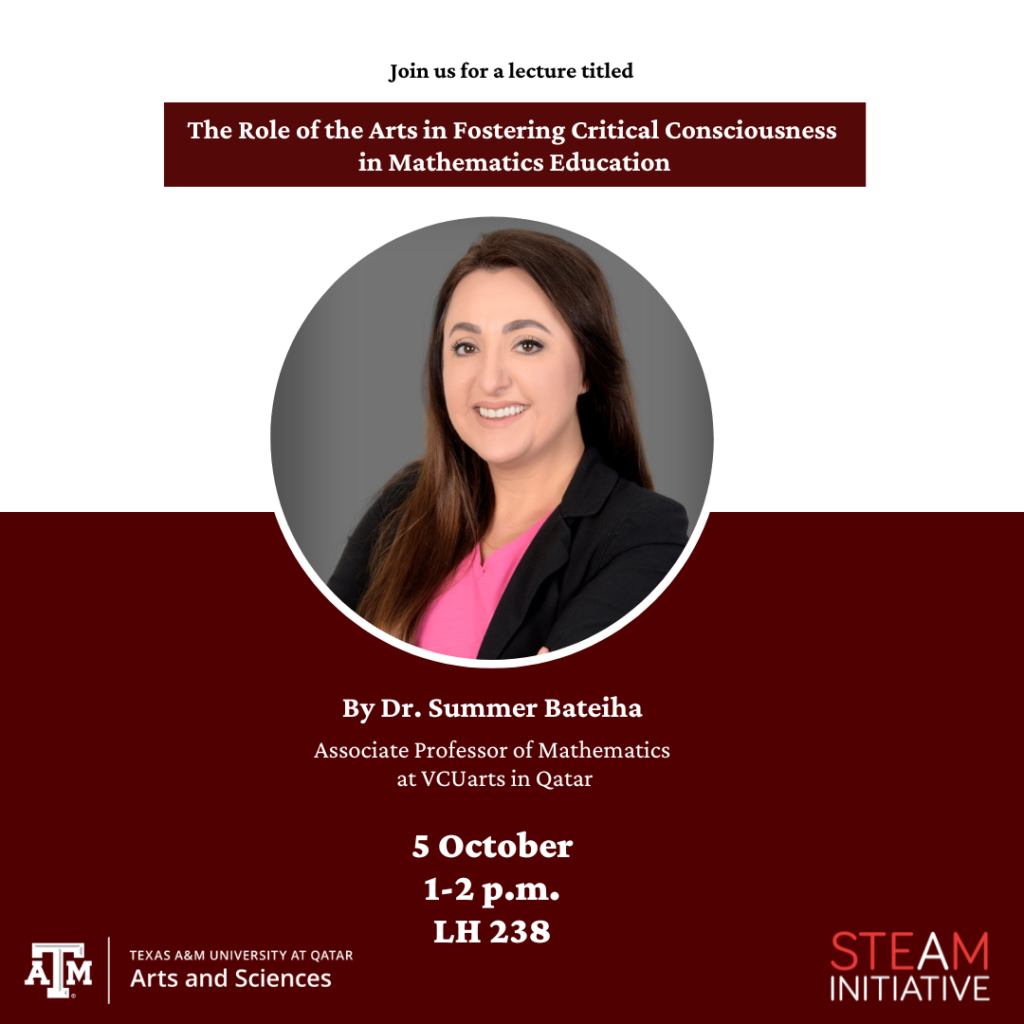
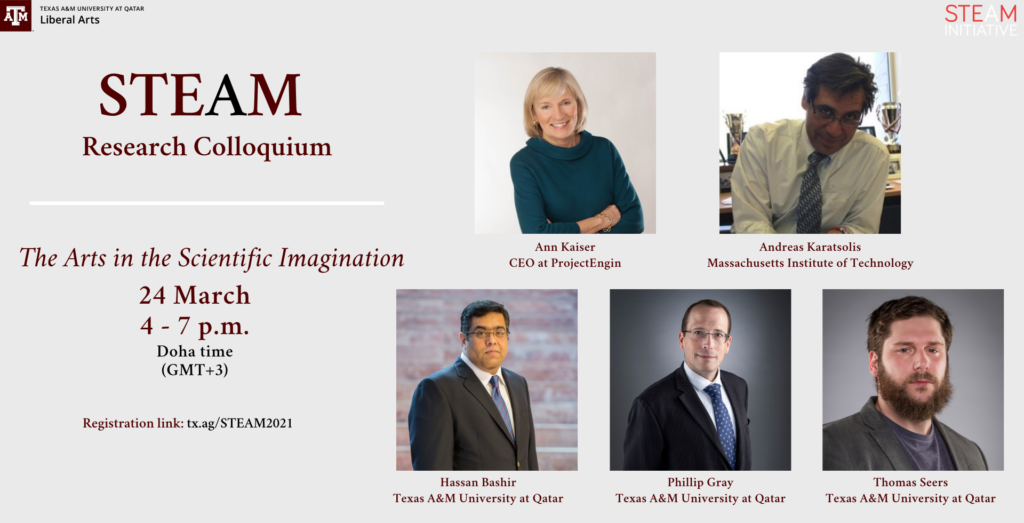
Panelists

Ann Kaiser is the founder of ProjectEngin LLC, a STEM Education consulting firm dedicated to the inclusion of Engineering Design in K-12 classrooms. She is a former engineer and educator with over 30 years of experience. Following an award-winning teaching career, Ann has spent the past five years providing professional development and curriculum support to schools and educators interested in using Engineering Design thinking and practices to frame active, project-based learning. In addition to her ongoing workshop commitments, she has presented at numerous national and international conferences. Ann’s innovative work with ProjectEngin led to the company being named the 2017 Small Business Administration Microenterprise of the Year for the New England Region.
Ann holds a B.S. in Engineering from Columbia University. As an International Fellow at Columbia’s School of International and Public Affairs, she earned a master’s degree in International Affairs, with a focus on technology transfer. Her book, Designing the Future: How Engineering Builds Creative Critical Thinkers in the Classroom, is available from Solution Tree Press and Amazon.
Designing the Future: How Engineering Builds Creative Critical Thinking
Abstract:
The Engineering Design Process highlights the need for creativity and divergent thinking as we apply science to solve problems. Effective solutions require diverse talents and views in order to develop innovate solutions designed to meet the constraints and the needs of the end-user. Developing solutions to meet the current and future needs of a highly designed and built world will require students to have the ability to creatively apply scientific concepts. They must understand that people are drawn to what is visually appealing and they must be able to communicate verbally and visually if they hope to develop successful designs. Providing real-world challenges framed by the engineering design process requires teams to collaborate in order to leverage diverse talents as they develop innovative, human-centered solutions. This skills-based focus is excellent training for future careers in all fields.

Dr. Andreas Karatsolis is the Associate Director of the program in Writing, Rhetoric, and Professional Communication at Massachusetts Institute of Technology (MIT), a program which supports the graduate and undergraduate communication needs of MIT students. His disciplinary training includes a Ph.D. in Rhetoric and Communication with an emphasis on technical/professional practices in science-related fields, which is at the core of his teaching and research efforts. As part of his administrative role at MIT, he is interested in designing curricula and tools that can help engineers and scientists develop lifelong competencies in communication, primarily by enhancing expertise and enculturation in communities of disciplinary practice. In the past seven years, Dr. Karatsolis has also been the lead or co-principal investigator in projects related to the design, implementation, and assessment of learning technologies, especially in the domains of language learning, health communication, and public discourse. He has also worked with faculty in several institutions on outcomes-based assessment and served as an accreditation and curriculum consultant for the Translation and Interpreting Institute of Hamad bin Khalifa University at Qatar Foundation.
Reasoning and Communication in Science and Engineering: New Pedagogical Frameworks and Tools
Embedded within the phrase “the arts in the scientific imagination” is a centuries-old dichotomy, positioning on opposite ends the logic of STEM fields and the expressiveness of art. This “dissociation” expresses a fragmented vision of the world, which often serves to make claims of quality (which one is better), or even policy claims (whether we should privilege scientific logic over artistic expressiveness). However, we know that both domains draw heavily on conceptual frameworks and reasoning, and that scientists often adopt unconfessed or even unconscious basic presuppositions, preferences, and pre-conceptions (“themata”), which might not be justified by the data or current theory. This reasoning, however, remains largely tacit, in the minds of disciplinary practitioners. This presentation will describe how, over the past six years, we have developed a series of pedagogical frameworks and tools to make this tacit reasoning of scientists and engineers explicit, based on communication and rhetorical theory. The outcomes of this ongoing experiment in integrating the logic of science and the expressiveness of art into graduate and undergraduate classes will be discussed, along with implications for future pedagogies.
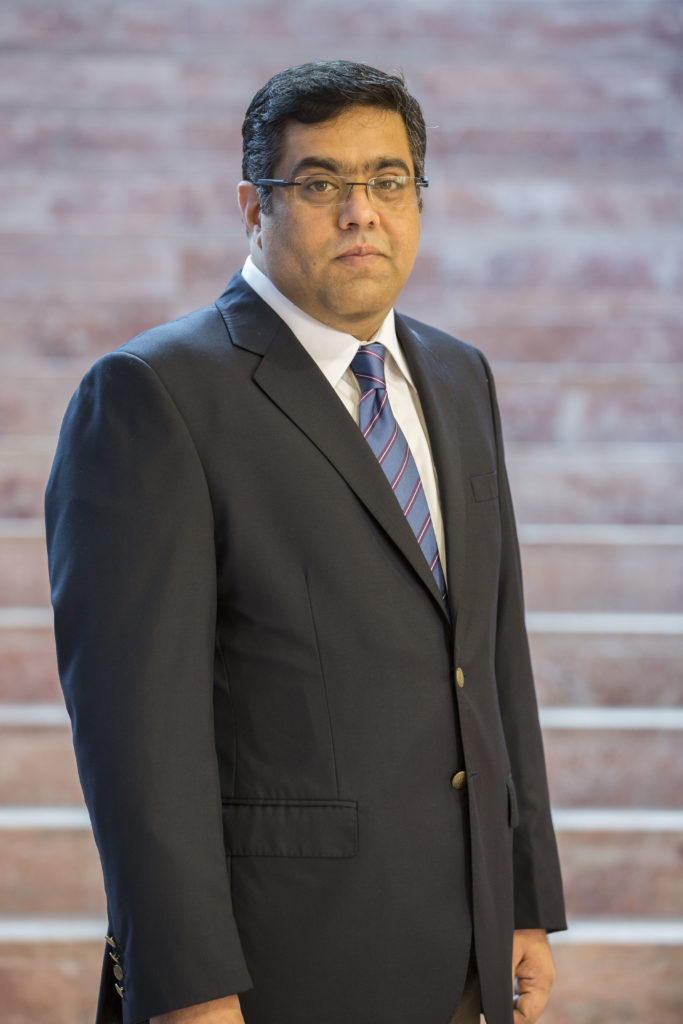
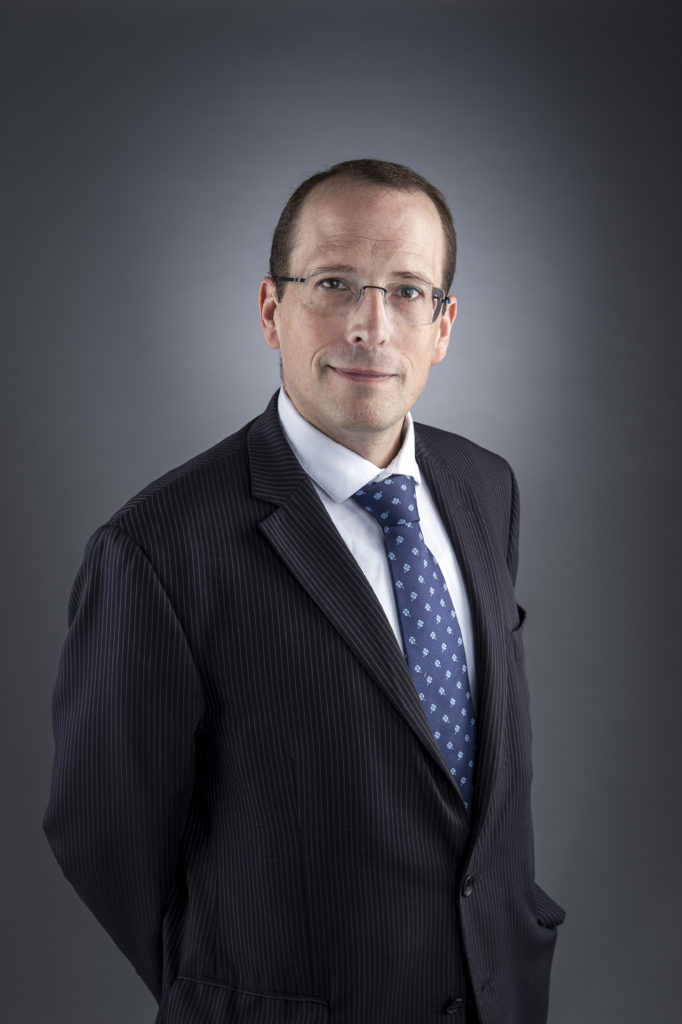
Dr. Hassan Bashir is an Associate Professor of Political Science in the Liberal Arts Program of Texas A&M University at Qatar. Among his main area of research is comparative political theory (CPT). Dr. Bashir has been a major figure in teaching engineering ethics at TAMUQ, creating the main structure for the core Engineering Ethics course, founding and directing The Initiative in Professional Ethics (TIPE), and obtaining significant funding from industry. He is has published widely, and is the co-editor of numerous works on professional ethics, globalization, and comparative thought.
Dr. Phillip W. Gray is an Assistant Professor of Political Science in the Liberal Arts Program at Texas A&M University at Qatar. His main area of research is extremist forms of political ideology and organization. His previous publications have focused on cross-cultural norms in public administration ethics, as well as professional ethics in East Asia. He serves as Associate Director for The Initiative in Professional Ethics (TIPE).
Teaching Engineering Ethics in a Cross-Cultural, Globalized Environment
Abstract:
The pedagogy of professional ethics presents numerous challenges, which include connecting abstract and complicated ethical systems to the specific, practical concerns for a specific profession (such as medicine or law). These challenges are magnified in teaching ethics in a young profession like engineering, and complicated by the inherently international and cross-cultural nature of the field. We will analyze and discuss the types of pedagogical challenges faced within such a profession and environment, as well as the techniques and manners used to overcome them.
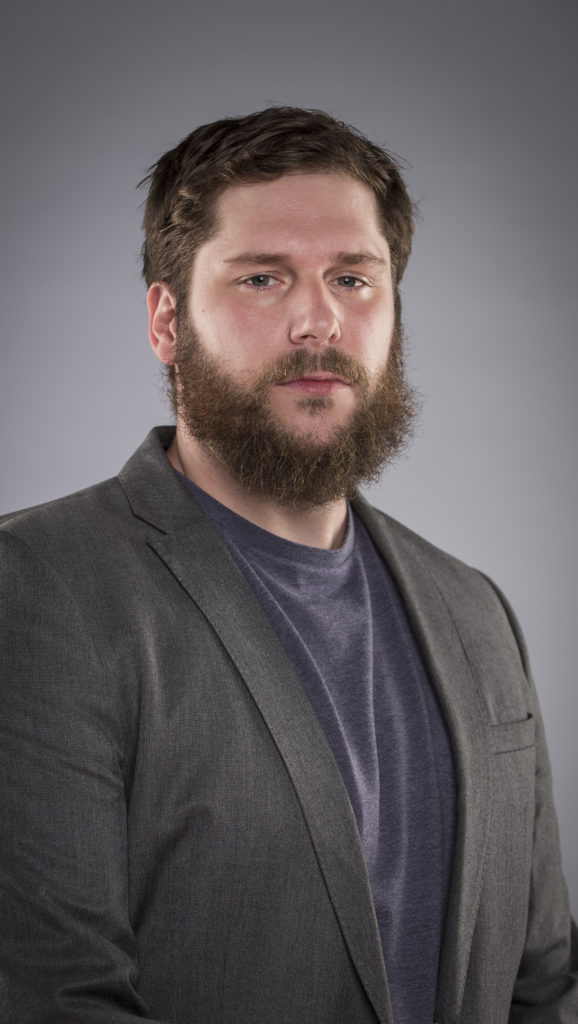
Dr. Thomas Seers received his BSc and PhD from the University of Manchester, UK, and is currently an Assistant Professor within the Petroleum Engineering Program, Texas A&M University at Qatar (part of the Department of Petroleum Engineering, Texas A&M). Dr. Seers’ research focuses upon computational geosciences, and the utilization of multimodal / multiscale imaging (x-ray and laser scanning tomography, transmitted light microscopy, optical close range remote sensing) and image based modelling towards the characterization of hydrocarbon reservoirs and aquifers. Dr Seers delivers a number of courses from the Petroleum Engineering and Geology & Geophysics catalogue, including PETE 301 Numerical Methods, GEOL 104 Introduction to Physical Geology and GEOL 404 Geology of Petroleum.
The Application of STEAM Principles to Bring Petroleum Engineering Fieldtrips to the Classroom
Abstract:
To learn effectively, petroleum engineering students must be exposed to both the subsurface settings and the surface facilities that they will interact with over the course of their careers. Indeed, the tactile and visual nature of field visits is critical for students to contextualize their theoretical learning within the classroom environment. The practicalities of offering such experiences can be extremely challenging in the Middle East, partly attributable to societal and cultural norms, which often limit female participation. The adverse climate in the summer months poses additional challenges, restricting the field season to the winter period, coinciding with the busiest part of the academic calendar. Utilizing 3D modelling and immersive visualization via virtual reality interfaces, we demonstrate the holistic application of STEAM principles to overcome challenges associated with the provision of petroleum engineering focused field courses in the Middle East.
STEAM Research Colloquium Breaks Boundaries between STEM and the Liberal Arts & Humanities
Integration. Flexibility. Tangibility. Holistic. Creative. Ethical. Empathy. Engagement.
These concepts emerged as central to the STEAM Initiative’s 2021 virtual research colloquium “The Arts in the Scientific Imagination.” Speakers with diverse experiences in engineering, educational consulting, political science, rhetoric and communication, computational geoscience, and ethics explored the integration of arts and humanities modes of thinking and research within science and engineering solution-driven frameworks.
Panelist Ann Kaiser,founder of ProjectEngin LLC, a STEM Education consulting firm, urged us to make learning focus on real-world, project-based activities that engage students in divergent and creative thinking and problem-solving. She proposed using engineering design processes to integrate engineering problem-solving with the arts’ emphasis on creativity and the humanities emphasis on ambiguity and context-specific solutions. Combining engineering design principles with project-based learning, Kaiser emphasized, makes learning authentic, fosters interdisciplinarity and collaboration, develops visual and verbal facility, and encourages empathy and ethics by focusing on what humans need from the solutions.
Also emphasizing integrative thinking, Dr. Andreas Karatsolis, Associate Director of the program in Writing, Rhetoric, and Professional Communication at MIT, discussed three methods for connecting the liberal arts with STEM: curriculum integration, disciplinary reasoning, and sustainability and ethics. He explored in-depth a pedagogical framework – disciplinary reasoning diagrams – that make explicit the tacit reasoning processes within disciplines. These reasoning diagrams enable students to integrate and navigate multiple knowledge domains – disciplinary content knowledge, process knowledge, genre knowledge, and rhetorical knowledge – that, in turn, help them more effectively communicate and connect their disciplinary (engineering) knowledge to real-world contexts.
Dr. Thomas Seers, Associate Professor in the Department of Petroleum Engineering at TAMUQ, described the importance of geologic fieldwork for undergraduates to experience the complexity and scale of the Earth’s structure and to develop case-based reasoning (CBR), so essential to petroleum engineering education. Yet, in some instances, particularly with current Covid-19 restrictions, real-world fieldwork is impossible. Seers explored the possibilities of augmented and virtual reality tools that can provide alternative virtual fieldtrip in the classroom. Even though, he pointed out, these tools cannot replace first-hand experience with fieldwork, they can be a valuable supplement.
The final session featured Drs. Hassan Bashir, Associate Professor of Political Science, and Phillip Gray, Assistant Professor of Political Science, who discussed the challenges of developing professional ethics in the field of engineering, given the global, cross-cultural contexts in which engineers function. Through their own evolving experiences developing ethics and engineering initiatives at TAMUQ, Bashir and Gray examined the complexity of developing a “universal” professional ethics code. The differences in cultures and nationalities and ethical understandings raises questions of whether it is necessary, possible, or even feasible to construct codes of ethics that are universal and whether engineers working across the globe need to take into account local values and norms. Bashir and Gray suggested that perhaps one way to rethink ethical systems is as a kind of language acquisition process, in which an ethical language is developed through engineering situations and communities of practice. They emphasized, however, that the most important aspect of any ethical system for engineers must integrate flexibility and contextual reasoning.
STEAM Lecture – 17 November 2021
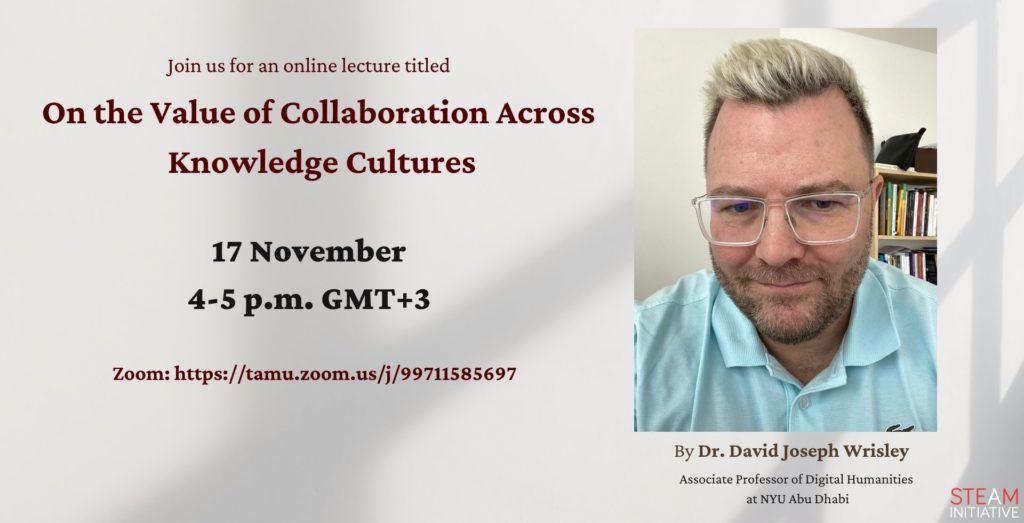
Lecture recording:
